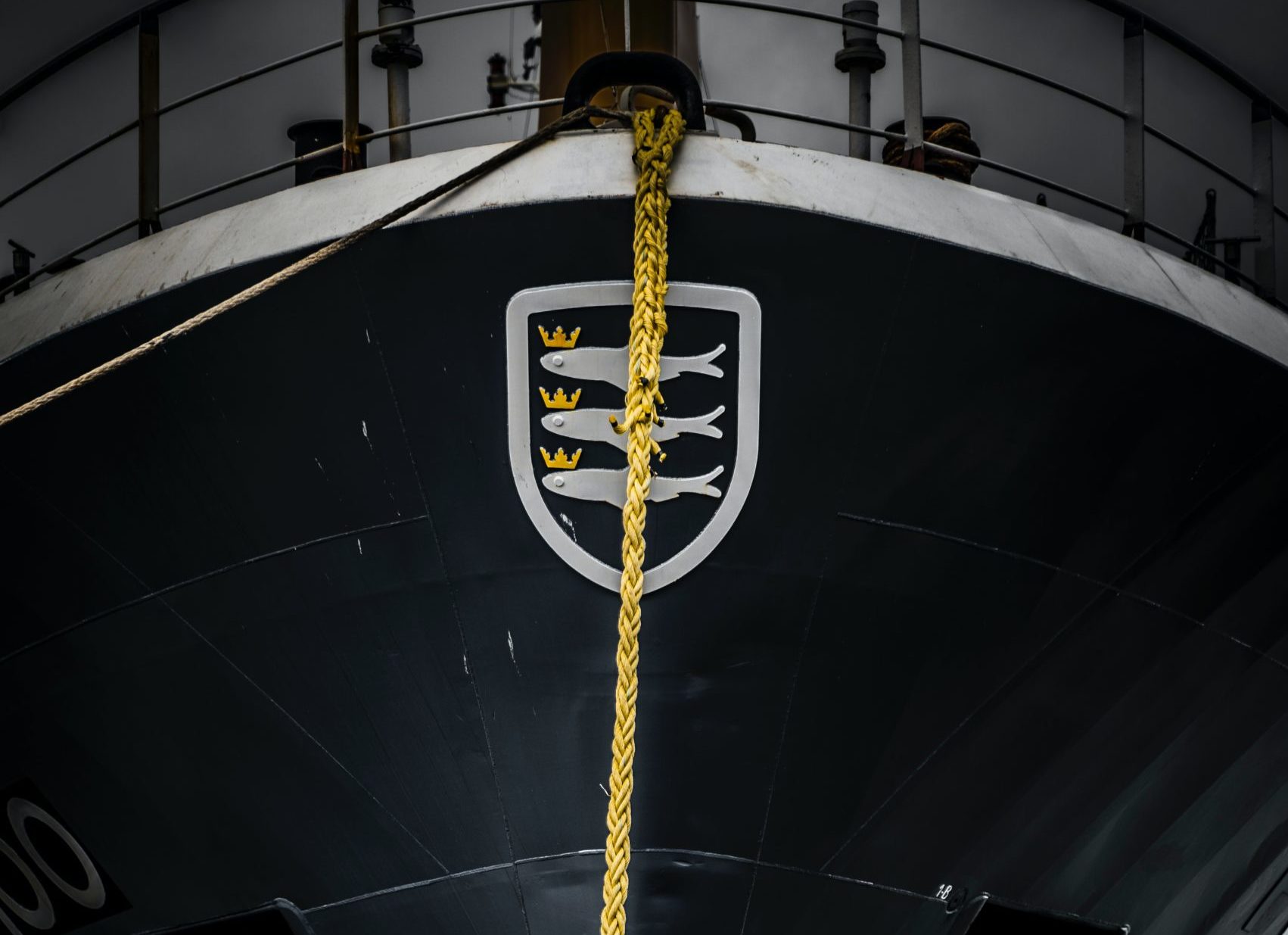The sector does not doubt its right to exist. Still, the Dutch fisheries sector is uncertain about the future. No more than 4 per cent of the skipper-owners says they are sure their business will still exist five years into the future.
This is revealed in a study conducted by Marloes Kraan (Wageningen Economic Research), who, for the first time, mapped all the fishing communities in the Netherlands. From Breskens to Terschelling, she recorded a total of 44, with an additional 84 communities in which fisheries are an essential part of their history.
Kraan interviewed fishermen and their wives about the social and cultural value that fisheries hold for the community and how the policy changes -that are being implemented hand over fist- influence this value. ‘Many fishers feel cheated, much like the farmers’, she stated in a previous interview in Resource. She makes similar statements now. ‘Much anger, incomprehension and frustration resonate in the survey. The fisheries industry feels ignored and misunderstood. People feel they have been relegated to the margins by politicians and NGOs.’
More than trade and food
The researcher says that policymakers in The Hague and Brussels would do well to keep in mind the social side of the fisheries industry. Fisheries not only ensures trade, employment, income and food, but it also has considerable socio-cultural value. Decline in the industry and uncertainty about the future precipitates into the fishing communities, as was demonstrated by another, more data-driven fisheries study by Geert Hoekstra. He concludes that the fishing regions IJmuiden, Urk, Kop van Noord-Holland and the Southwest Netherlands are particularly vulnerable in socio-economic regard. These regions focus on fishing in the North Sea with large cutters.
Kraan stresses that a collective perspective on the future of the Dutch fisheries industry, which includes the societal added value of the sector, is needed. ‘Such a vision may provide skipper-owners, their families and crew, with a future perspective, which would also restore the peace in the fishing communities.’

 Home port Scheveningen. Photo Paul Einerhand / Unsplash
Home port Scheveningen. Photo Paul Einerhand / Unsplash